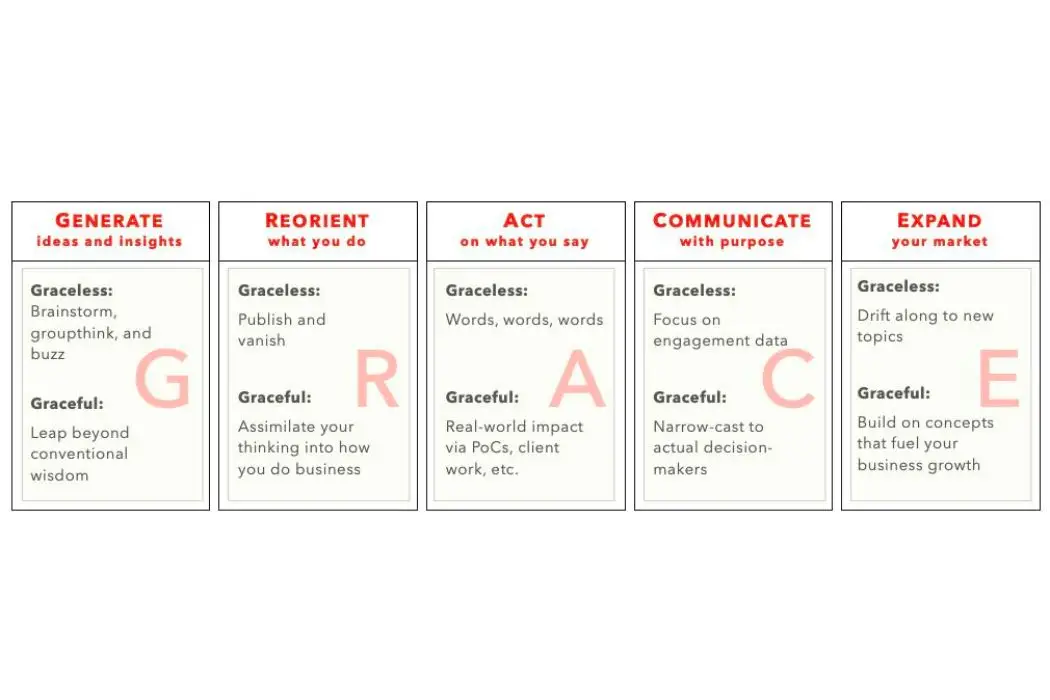It’s #writingtiptuesday. No, that’s not a thing, but maybe it should be?
Don’t start sentences with “this” as a way to refer back to your previous sentence.
🚫 “This is a bad idea.”
Why? It’s never entirely clear what you are referring to (i.e., the antecedent is vague). Do I mean that my rule is a bad idea or that breaking it is a bad idea? Even if it seems clear enough from context, three things happen:
- You risk having some readers misunderstand the point you are making.
- You risk other readers coming up with their own idea of what “this” refers to (especially when referring back to more complex sentences).
- You lose an opportunity to set the stage for your next point.
This clarity-based analysis can help you look at sentence structure and syntax differently. Think about how you can guide your reader from point A to point B by making the relationship between thoughts explicit. It helps you build one idea on top of another. It keeps you, as the writer, focused on how readers traverse your thinking rather than just saying what seems clear enough to you.
Now, look at the paragraph above and see how I used an explicit antecedent to “this.” The phrase now builds a bridge between the bullets and a broader idea of writing as dialogue and persuasion. Writing that way is different from merely expressing ideas in my head that are clear to me.
In other words, avoiding ill-defined “this” statements is not just fussing over a stylistic nicety. It makes you pay closer attention to how you use writing and what you are trying to achieve. Look for the “this” moments in the next thing you write and use them as an opportunity to be clearer.




